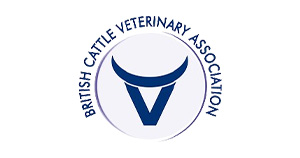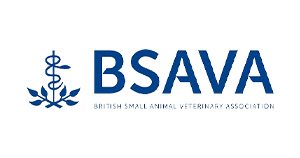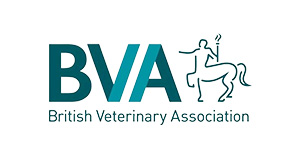Holiday Hazards for your pets: 12 risks to avoid a visit to us this Christmas!
12 Ways to Keep Your Pets Safe This Christmas
First Published on: Dec 2024
Although we love seeing all our furry friends, I’m sure you would prefer to be at home this Christmas, enjoying a lovely Christmas meal and maybe a nice dog walk rather than coming to visit us!
Here is our list of the 12 top Christmas Emergencies we see that could be avoided…some you will have heard of and some a bit more obscure!
- Chocolate- By now most people are aware that Chocolate is toxic for dogs, but it continues to be our no.1 reason for making dogs sick! Be aware that dark chocolate and chocolate powder contains most of the toxic compound and is the most dangerous so take care even with making that festive hot chocolate!
- Anything with Raisins in it or those grapes on your cheese board- If your read our articles regularly you will have seen our vet Jen has already written about ‘stir it up Sunday’ and the risks of ingesting Christmas pudding but take care for those mince pies you leave out for Father Christmas!
- Fatty Christmas trimmings/Gravy/feeding your dog its own Christmas Dinner- What we think might be a nice Christmas treat can lead to a condition called pancreatitis in dogs. Essentially feeding a rich high fat meal can inflame the pancreas and lead to variable signs from mild abdominal pain to severe pain, vomiting, diarrhoea and can even be fatal in a very small percentage of cases
- Bones-Don’t be tempted by the puppy dog eyes! Cooked or uncooked bones can cause far more trouble than it’s worth. It may just cause a tummy upset, or trigger pancreatitis but it could cause a fractured tooth or intestinal blockage and need surgery or sadly I have seen fatal cases where the bone has perforated the stomach and caused infection of the whole abdomen. Give them a safe chew or treat filled Kong instead!
- Tinsel, Ribbons and String (especially watch out for that string you take off the Ham joint!)- This former is one more for the playful kittens and cats out there, but I have had both dogs and cats ingest the string around meat joints before. The issue with this it often gets stuck in the intestine and causes what we call a linear foreign body; these are very difficult to distinguish on x-rays and are particularly dangerous as they can affect large areas of the intestine and even ‘cheese wire’ through the intestinal walls if not treated very quickly.
- Christmas Trees, Baubles and Fairy Lights- These are particularly fascinating to cats and lead to them climbing the Christmas tree, so make sure those trees are well secured as not to fall over! They can also become entangled in the lights or shatter breakable baubles causing a risk to children and other pets, if they stand on or ingest these. Try and restrict access to the room with Christmas tree or make sure they are well supervised!
- Onions and other related vegetables (e.g. leeks, garlic, spring onions)- Found in stuffing, some gravies and other dishes this can cause tummy upsets but also more serious damage to red blood cells and potentially life-threatening anaemia.
- Sugar Free Sweeteners- Sugar substitutes are being used increasingly in foods; and one particular sweetener xylitol can cause deadly hypoglycaemia and seizures if left untreated.
- Toys and Batteries-With lots of new toys about, not just the dog toys but children’s toys and gadgets, these can cause blockages in the intestine but more worryingly if a dog eats a battery, it can cause chemical burns or heavy metal poisoning.
- Rock Salt (Grit)- Often used to de-ice pavements, this salt can get stuck on your pet’s paws which they then feel inclined to lick off. In high levels this could cause vomiting, lethargy, convulsions and kidney damage. Remember to wash off those paws after a walk!
- Blue Cheese- This contains a substance called roquefortine C, which dogs can be sensitive to. In high levels this can cause vomiting diarrhoea and even seizures.
- Certain Plants- Not that we see this that often but holly, ivy and mistle toe can be toxic and cause vomiting.
As we invite friends and family into our houses this Christmas it is important they are aware of these hazards too, as well as more obvious hazards like their own medication that they may not realise your pets might eat. So, keep any guest room doors shut!
If your dog or cat does get in trouble or ingests any of the above do phone us, often time is of the essence. Try and include amounts they may have eaten and if it’s from a packet have the ingredients handy! Our team will be covering the whole Christmas period at Shepton vets to provide you with emergency care over the bank holidays, and off course we will open for appointments over the rest of the Christmas period.
We would like to take this opportunity to wish you a very Merry Christmas as hopefully after reading this article you won’t need to see us over the Christmas period!
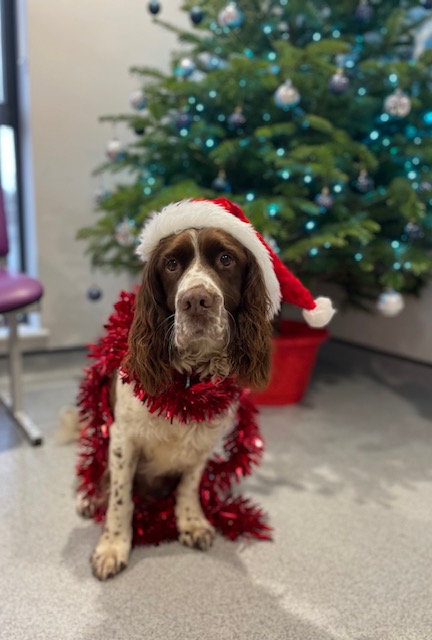
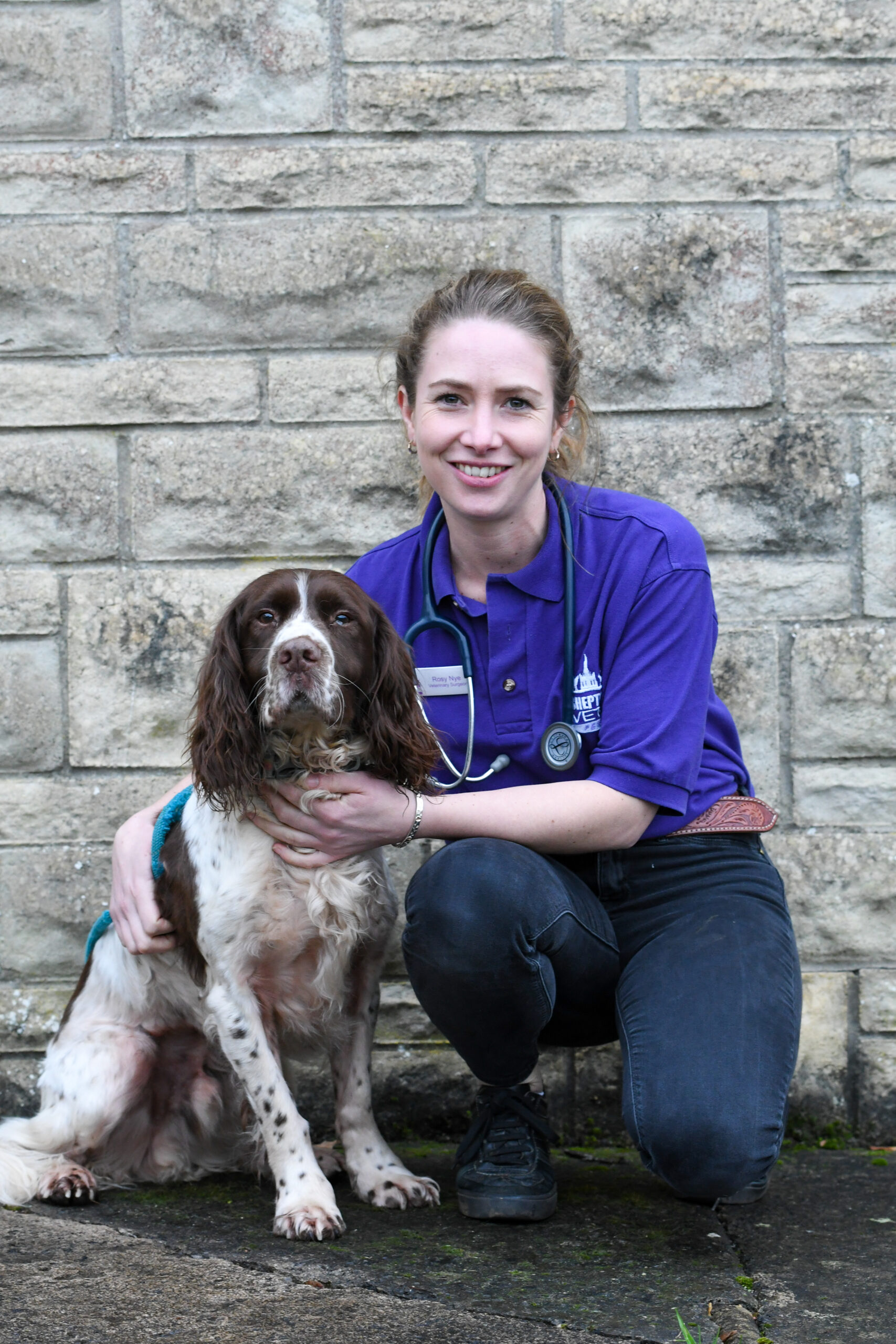
Author –
Rosy Nye
Protect your furry friends from common Christmas hazards! Learn about the dangers of chocolate, raisins, fatty foods, and other festive treats that can be toxic to pets. Discover tips for creating a safe and enjoyable holiday season for your beloved companions.
Christmas hazards for pets, dog health, cat health, pet safety, holiday safety, pet emergencies, veterinary care, animal health, pet poisoning, chocolate toxicity, xylitol toxicity, holiday dangers
More Articles featuring Rosy
Read More
Caring for your pet as we do our own
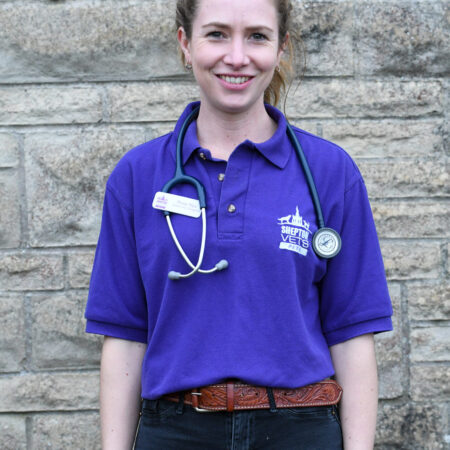
At Shepton and Wells Vets, we understand what your pets mean to you, and so our Pets team aim to care for each and every one of them as we would do our own.
We care about your pet
Our primary focus is keeping them fit, happy and healthy with comprehensive and effective preventative healthcare, advice and treatment.
We care about you
We aim to communicate clearly and honestly with you, and discuss different treatment options so that you can make the right informed choices for you and your pet.
We care about clinical excellence
We take pride in providing a high level of medical and surgical care, working together as a team to do the very best we can for your pet.






